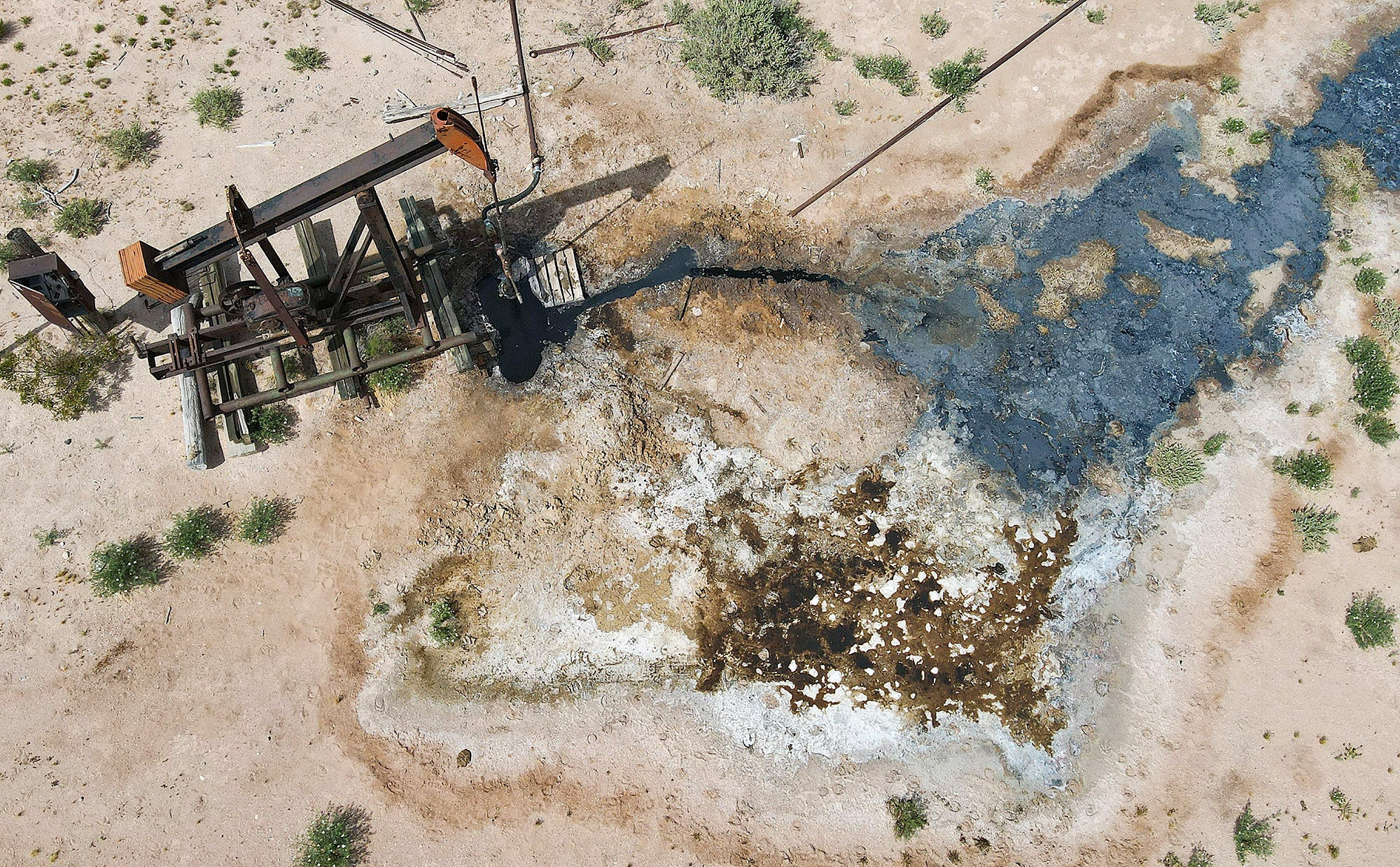Earthjustice goes to court for our planet.
We’re here because the earth needs a good lawyer.
Oil and Gas Companies Will Have to Pay More to Drill on Public Land
This page was published a year ago. Find the latest on Earthjustice’s work.
What happened: The Biden administration just announced a new rule that moves toward addressing the catastrophic environmental impacts of drilling on public lands. The rule increases the rate fossil fuel companies must pay for drilling and increases the minimum price that drillers must pay from $10,000 to $150,000. These steps will move toward addressing the toxic messes left behind by abandoned oil and gas wells – a task that the industry has often left for taxpayers to clean up.
Earthjustice has long advocated for these types of reforms, and we are celebrating this step in the right direction.
Why it matters: This rule will better protect taxpayers’ money, help the agency manage public lands for their highest value, and better protect communities and the environment. In the western U.S., 90% of the public lands managed by the federal Bureau of Land Management are open to oil and gas drilling. That’s hundreds of millions of acres that could otherwise be tied up in oil and gas leases for decades to come.
“For decades, taxpayers have been left to foot the bill to clean up toxic messes left behind by oil companies across the West, while some of the same companies made record profits,” said Earthjustice attorney Mike Freeman. “Oil and gas drilling on public lands accelerates the climate crisis and results in oil spills and threats to drinking water.”
Addressing our antiquated oil and gas program.
- For decades we have had a broken system that allows oil and gas CEOs to boost their own paychecks while taxpayers and local communities pay a heavy price.
- A step in the right direction: The new rule begins to hold these fossil fuel interests accountable and offers more balance for people who use public lands, or simply pay taxes that fund this system.
- A much-needed update: Previously, the minimum bond that oil and gas drillers must pay to lease public lands had not been updated since 1960.
What are the impacts of the new regulations?
- No impact on gas costs: The new regulations will have no impact on gas prices or consumer energy costs.
- A win for the public: The rule will help facilitate the use of public lands for purposes like recreation and renewable energy rather than fossil fuel extraction.
- The rule will also help limit practices such as speculative leasing by oil companies, the biggest of which have earned record profits in recent years.
The regulations also start to shift the cost to oil and gas companies for closing old wells, rather than abandoning them.
- What are abandoned wells? Fossil fuel companies have abandoned more than 120,000 oil and gas wells without properly plugging them up. These abandoned wells are a “climate menace,” danger to wildlife, and source of drinking water pollution. Taxpayers could be responsible for billions in clean-up costs for these wells. These regulations attempt to address this risk.
- Southwest communities at risk: Abandoned wells are problematic in the Southwest, where they can contaminate drinking water and leak toxic methane into the air, posing a significant threat to the region’s Tribal communities, many of which are already facing disproportionate impacts from oil and gas development.
- Holding companies accountable: The rule is a step towards holding oil and gas accountable to communities by making it more likely they will clean up the messes they leave behind.
